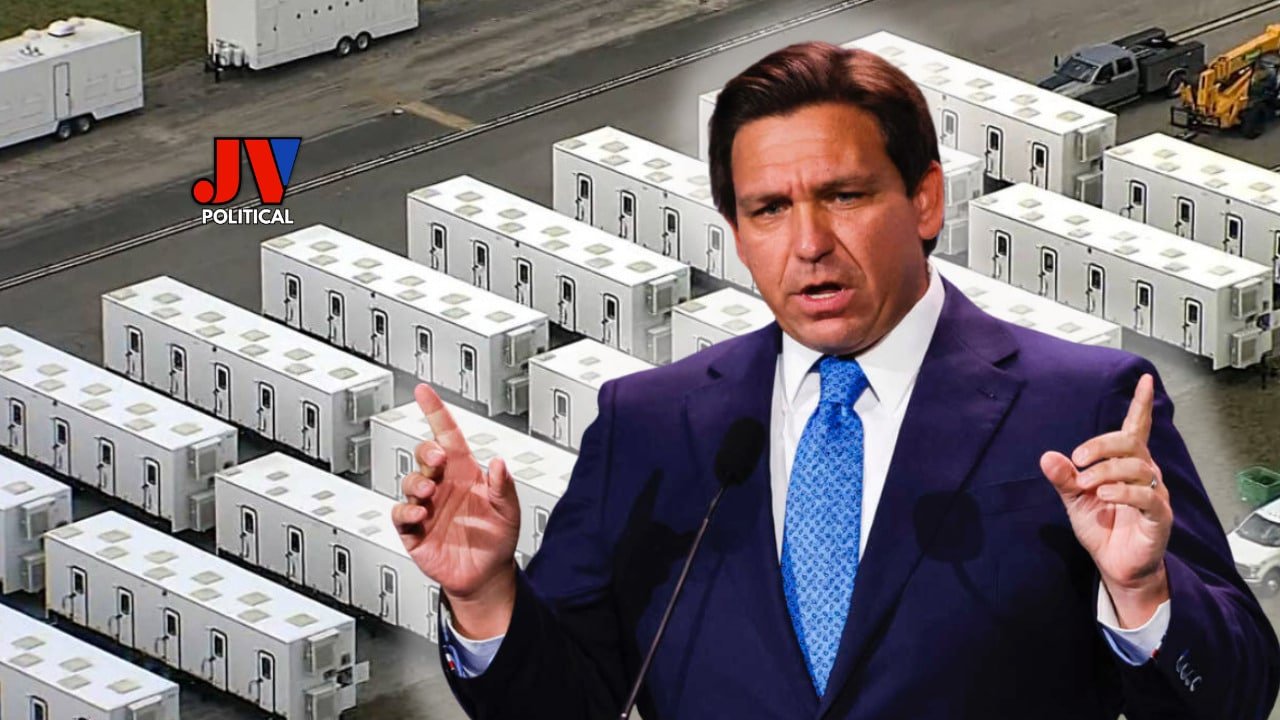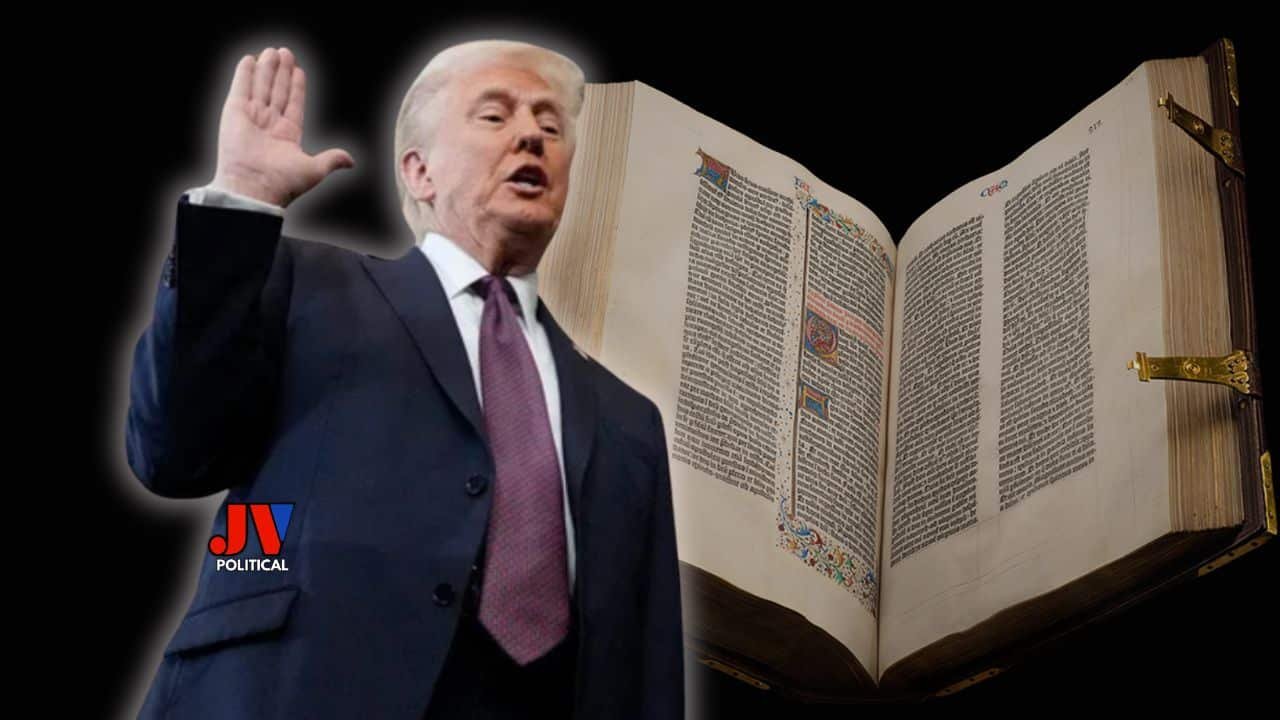What Elon Musk’s Findings on Government Waste Mean for the Future
Elon Musk’s insights into government waste have started a new conversation. People are now more interested in how well their tax money is spent. His analysis shows how much money is wasted by the government.
This has made everyone wonder how things can change. Musk’s views could be very important in shaping future policies. With billions of dollars lost, there’s a big chance for improvement.
Key Takeaways
- Elon Musk’s findings highlight systemic inefficiencies within government spending.
- Awareness of taxpayer concerns is essential for future policy reform.
- Government waste can significantly impact national resources and services.
- Transparency in spending is critical for restoring public trust.
- Potential collaborations between the private sector and government could drive efficiency.
Introduction to Elon Musk’s Perspective
Elon Musk is a well-known entrepreneur and innovator. He has a unique view on government waste. His success with Tesla and SpaceX makes him question government inefficiencies.
Musk believes that efficiency and accountability should apply to the government too. He thinks these values, which have driven his companies, should guide public sector practices.
In interviews and articles, Musk has talked about government financial mismanagement. He says that ongoing waste harms the budget and society’s future. Musk suggests that the government should manage resources better, like the private sector does.
Musk thinks a proactive approach to cutting waste could make the government more effective. He stresses the importance of transparency and accountability in solving problems. His ideas could help improve efficiency and accountability in the future.
Understanding Government Waste
It’s key to know about government waste to make taxpayer dollars work better. This means spotting when public money is not used right. Things like budget problems, too many programs, and not enough checks can cause waste. Finding these problems helps manage money better and builds trust with the public.
Defining Government Waste
Government waste is when money is not spent well, leading to no real benefits. This includes:
- Projects that cost more than planned.
- Duplicate services or programs.
- Money spent on things that don’t work as expected.
Common Examples of Waste in Public Sector
There are many examples of government waste that show we need to be careful. Some common ones are:
- Infrastructure projects that get too expensive because of bad planning.
- Unsolicited proposals for services that don’t match what agencies need but still get funded.
- Redundant programs that do the same thing in different places, wasting resources.
Looking at these examples helps us understand government waste better. Fixing these problems can make government work better for everyone.
What Elon Musk’s Findings on Government Waste Mean for the Future
Elon Musk has looked into government waste, showing big problems with money use. His work shows how bad spending hurts public money and trust in government.
Key Insights from Musk’s Analysis
Musk’s study points out a big issue with government waste. He says we spend too much on things we don’t need. He wants a better way to use our money.
He uses studies to show where the waste is. This helps us see why we need better government. It’s all about making sure our money is used right.
Implications for Taxpayers
Taxpayers face big changes because of Musk’s findings. He says we need to do a better job with our money. This means being open and smart with how we spend.
People want to know where their money goes. They expect better from their government. Musk’s work will help us talk about how to use our money wisely.
The Role of Fiscal Responsibility
Fiscal responsibility is key for good governance. Officials who focus on it make sure money is used wisely. This approach helps avoid waste and boosts government efficiency.
Creating a culture of accountability is crucial. This means officials must be careful with how they spend money. This way, they can prevent waste and make the most of what they have.
Good fiscal management makes governments work better. For instance, cities with clear budgets spend money more wisely. They make sure every dollar counts.
Other smart strategies include using performance-based budgeting and regular audits. These methods help find and cut unnecessary spending.
Putting a focus on fiscal responsibility also builds trust in government. When people are involved in budget talks, it shows they care about money matters. This connection strengthens accountability in the public sector.
Innovation in Governance
In recent years, innovation in governance has become more popular. It focuses on how new technologies can make public sectors more efficient. Government agencies are now using modern solutions to fix old problems and cut down on waste.
How Technology Can Drive Efficiency
Technology plays a big role in making government work better. Automated systems are being used for things like tax collection and service delivery. These systems make things faster, reduce mistakes, and help keep everyone accountable.
Cloud computing and data analytics help governments make smart choices. They use real-time data to plan better and use resources wisely.
Case Studies of Successful Implementation
There are many examples of how technology helps government work better. For example, New York City used data to improve its waste management. They used sensors and analytics to make waste collection more efficient.
This change saved the city money and made services better. It shows how technology can make a big difference in government work.
| City | Technology Used | Results Achieved |
|---|---|---|
| New York | Data Analytics | Increased efficiency in waste collection; reduced costs by 20% |
| San Francisco | Automated Permitting System | Reduced permit processing time by 50% |
| Chicago | Smart Traffic Signals | Improved traffic flow; decreased congestion times by 30% |
These examples show the real benefits of using technology in government. As governments keep using new ideas, we can expect big changes in how they work. It’s important for agencies to keep up with these changes.
Government Efficiency: The Need for Improvement
Government efficiency is a big topic in public administration. Many public agencies don’t work as well as they could. This shows a big gap in how resources are used.
Studies say inefficiencies make taxpayers pay more and services worse. Agencies often don’t plan well to reach their goals. This problem comes from old ways and not enough training and updates.
| Agency | Current Efficiency Rate (%) | Potential Improvement (%) |
|---|---|---|
| Department of Transportation | 65 | 20 |
| Environmental Protection Agency | 70 | 15 |
| Social Security Administration | 60 | 25 |
Improving government efficiency is not just good, it’s necessary for a better public sector. Using new tech and updating methods can cut waste and make things work better. Leaders need to look at what’s not working and fix it fast.
Spending Transparency: A Path Forward
Transparency in government spending is key to accountability and trust. It lets citizens see how their taxes are spent. This helps prevent misuse of funds and promotes integrity in public institutions.
Importance of Transparency in Government Spending
Transparent spending is important for many reasons:
- Accountability: Citizens can hold officials accountable for their money decisions.
- Informed Decision-Making: Clear spending info helps citizens make better choices.
- Enhanced Trust: Seeing how money is spent builds trust in government.
- Reduction in Fraud: Easy access to financial data helps catch fraud.
Groups pushing for spending transparency point to successes. Initiatives like real-time spending reports empower citizens. They show the need for strict spending standards to avoid waste and focus on important projects.
| Transparency Initiative | Key Outcomes |
|---|---|
| Open Budget Portal | Increased citizen engagement and feedback on budget priorities |
| Spending Tracking Software | Reduced instances of overspending and identified inefficiencies |
| Public Expenditure Reports | Enhanced transparency led to community trust and collaboration |
Spending transparency gives citizens the info they need. It also builds a partnership between government and the public. This is crucial in fighting waste and making sure taxpayer money is used wisely.
Policy Implications of Musk’s Findings
Elon Musk’s insights into government waste have big policy implications. Lawmakers can make changes to fix these issues. This shows we need to reform and innovate in government.
Potential Legislative Changes
Changes based on Musk’s findings could improve budgeting and accountability. They aim to cut down on waste and use taxpayer money wisely. Policymakers might make budgets more open to public input and criticism.
Collaboration with Private Sector
Working with the private sector is key to making government more efficient. Private companies can bring in new ideas and technology. This partnership can lead to better services and less waste.
Public Sector Management: Lessons Learned
Elon Musk’s insights on government waste offer valuable lessons for public sector management. Leaders must adapt to a changing environment. They need to be open to new ideas and responsive to public needs.
Here are some key takeaways for government leaders to improve their management:
Key Takeaways for Government Leaders
- Embrace Adaptability: Being able to change strategies based on new information is key. Agile practices can make operations more efficient.
- Foster Innovation: Encouraging creative solutions and using the latest technology can cut down on waste and improve processes.
- Enhance Responsiveness: Talking to the public to understand their needs makes government more responsive. Open communication builds trust and collaboration.
- Implement Best Practices: Learning from successful examples in public sector management can help reduce inefficiencies.
- Focus on Training: Investing in staff development ensures they can tackle new challenges. This promotes a culture of excellence.
Musk’s findings offer a framework for better public sector management. By focusing on these areas, leaders can make government more efficient, transparent, and accountable.
Taxpayer Accountability and Responsibilities
Taxpayer accountability is key to good government spending. When people get involved in governance, they help make it efficient and open. Knowing what taxpayers must do helps everyone in the community.
One big job for taxpayers is to know where their money goes. They need to understand budgets and watch spending closely. This helps them keep the government honest.
Another duty is to vote for leaders who care about money wisely. By doing this, people help shape policies that are smart with money. Getting involved in local issues can also make a difference.
Supporting clear government spending is also important. By pushing for laws that show how money is spent, taxpayers help keep things open. This makes sure money is used right.
- Stay informed about government budgets and spending.
- Participate in elections to influence fiscal policy.
- Advocate for transparency in government operations.
When taxpayers take their duties seriously, they help make government better. This not only keeps officials on their toes but also makes sure money is used well for everyone.
Future Impact of Government Waste Findings
The discoveries about government waste could change how we see public services. Fixing these problems could make people trust government more. This trust comes from knowing that money is used wisely.
Changes to stop waste could make officials more careful with money. When people see better use of funds, they might trust government more. This could make more people want to help shape government decisions.
Experts think new reforms could make government work better and bring new ideas. Using new tech and being open about spending are key. Leaders like Elon Musk say it’s time for government to catch up with today’s world.
| Impacts of Addressing Government Waste | Short-term Effects | Long-term Effects |
|---|---|---|
| Increased Transparency | Immediate trust from citizens | Continuous public engagement |
| Fiscal Responsibility | Short-term savings | Sustainable budgeting practices |
| Technological Integration | Quicker decision-making processes | Enhanced adaptive capabilities of government |
These findings could change how we see government and make it work better. With smart changes and people’s help, we might get a government we can really trust. This could lead to big improvements in how government works.
Global Perspectives on Government Efficiency
Looking at government efficiency around the world shows us different ways to manage public services. Each country has its own approach, and learning from them can help the U.S. improve. By comparing methods, we can find ways to cut waste and make services better.
Comparative Analysis with Other Countries
Studying how other countries manage their governments can teach us a lot. The OECD provides data that lets us see how efficient different countries are. Here’s a table that shows some key points about government efficiency in a few countries.
| Country | Government Efficiency Score | Percentage of GDP Spent on Public Sector | Average Public Service Satisfaction Rating |
|---|---|---|---|
| Germany | 8.1 | 45% | 85% |
| Canada | 7.9 | 39% | 80% |
| Australia | 8.5 | 37% | 90% |
| United Kingdom | 7.5 | 40% | 78% |
| United States | 6.9 | 38% | 75% |
This table shows how different countries score on efficiency and public satisfaction. It shows the U.S. has room to improve. Looking at what works in other countries can help us make our government better. As the U.S. works on its challenges, learning from others is key.
Conclusion
Elon Musk’s discoveries about government waste are very important. They show us how we can improve our government and be better citizens. Musk wants our public institutions to be more careful with money.
He believes we all need to understand how to manage money well. This is key as we move forward, making sure everyone works together. Leaders and citizens must join forces to tackle this issue.
We need to make sure our government is open and efficient. This way, taxpayers can help shape policies that are smart about spending. It’s crucial for us to think about how we can support Musk’s goal of a more accountable government.
By learning from Musk, we can make our government better and gain the public’s trust. We can create a culture that values being efficient and open. This will help us solve the problems of wasteful spending, leading to a better future for everyone.
The lessons Musk teaches us are not just about being upset. They are a call to action for real change in our public services. It’s time for us to come together and make a difference.
FAQ
What are Elon Musk’s main findings regarding government waste?
Elon Musk has found many ways the government wastes money. He says old processes and lack of accountability cause this waste. He wants better spending and efficiency to make sure our tax money is used right.
How does government waste affect taxpayers?
Waste in government spending hurts taxpayers. It makes budgets bigger and taxes higher. It also erodes trust and reduces the services we need.
What role does transparency play in addressing government waste?
Being open about spending is key. It builds trust and makes sure money is used right. Transparency stops misuse and lets people check how officials spend money.
What can be done to improve government efficiency?
Using new tech and private sector methods can help. Studies show automation and data can cut waste and improve services.
What are the policy implications of Elon Musk’s findings?
Musk’s findings point to the need for new laws to cut waste. Working together with the private sector can also lead to better government and solutions to big problems.
How can taxpayers advocate for improved fiscal practices?
Taxpayers can push for better spending by voting wisely, attending local meetings, and supporting openness. Being active is key to keeping government in check.
What lessons can government leaders learn from Musk’s analysis?
Leaders should be open to change, innovation, and listening to the public. Regular checks and good management can cut waste and improve governance.
What long-term impacts could arise from addressing government waste?
Fixing waste could lead to big changes in how we see government. These changes could make us trust government more and lead to better spending.
How does the U.S. government efficiency compare globally?
The U.S. often falls behind other countries in efficiency. Looking at what works abroad can help the U.S. cut waste and improve accountability.


















